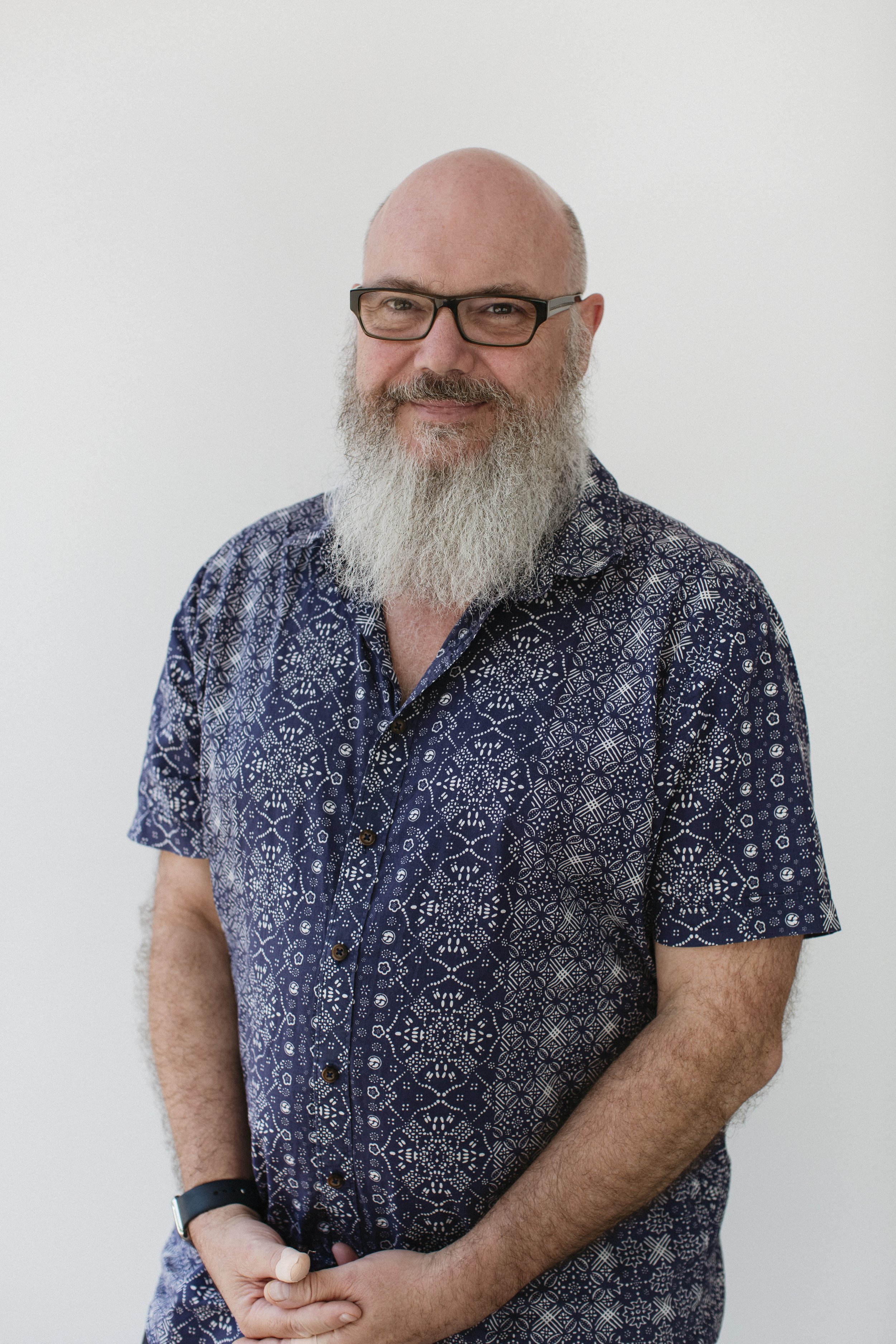Skin Cancer Clinic
Skin cancer is a highly prevalent and perilous form of cancer that demands attention. Fortunately, early detection plays a vital role, and regular skin cancer checks are the key. It is strongly advised that individuals prioritize an annual evaluation of their skin, performed by experienced skin cancer doctors. During these comprehensive assessments, the doctors meticulously examine the skin for any irregularities or suspicious moles. Should any areas of concern arise, a biopsy may be recommended to ascertain the presence of cancerous cells. By proactively scheduling routine skin cancer checks, you can effectively safeguard yourself against the devastating consequences of skin cancer, while significantly enhancing your prospects for early detection and treatment, if necessary.
What is skin cancer, and what causes it?
Skin cancer is an abnormal growth of skin cells, usually caused by exposure to ultraviolet (UV) radiation from the sun or tanning beds. There are three main types of skin cancer: basal cell carcinoma, squamous cell carcinoma, and melanoma.
How can I protect my skin from the sun and prevent skin cancer?
The best way to protect your skin from the sun is to limit your exposure, especially during peak UV radiation hours (10 a.m. to 4 p.m.). Wear protective clothing, such as long-sleeved shirts and hats, and use a broad-spectrum sunscreen with at least SPF 50. Avoid tanning beds and seek shade whenever possible.
What is a skin check? What does it involve and how long will it take?
A skin cancer check typically takes about 10-15 minutes minutes and involves a visual examination of your skin by a skin GP using a special magnified dermatoscope. If any suspicious moles or lesions are found, a biopsy may be taken for further examination. It’s best not to wear any make up or have any zinc cream on for your skin check.
How often should I have a skin cancer check?
It is recommended that adults have a full-body skin check at approximately every 1-2 years depending on skin type and skin cancer or family history. Some patients have skin checks more frequently as determined by their skin cancer GP.
How is skin cancer diagnosed?
Skin GP’s use a dermatoscope to help spot suspicious moles and spots on the skin. Skin cancer is formally diagnosed through a surgical biopsy, where a small sample of skin is removed and examined under a microscope.
What are the treatment options for skin cancer?
The treatment for skin cancer depends on the type and stage of the cancer. The vast majority of skin cancer are treated by surgical excise from your skin GP. Other treatment options include medicated skin creams, radiation therapy, chemotherapy, and immunotherapy.
How can I know if I am at a higher risk of developing skin cancer?
Factors that increase your risk of skin cancer include fair skin, a history of sunburns, a family history of skin cancer, and a weakened immune system.
How much does a skin cancer check cost?
The cost of a skin cancer check varies.
Please visit the fees section of the website or contact reception on 0755897555 for more information.
How can I book an appointment with your clinic?
You can book an appointment online or by calling reception on 0755897555.







